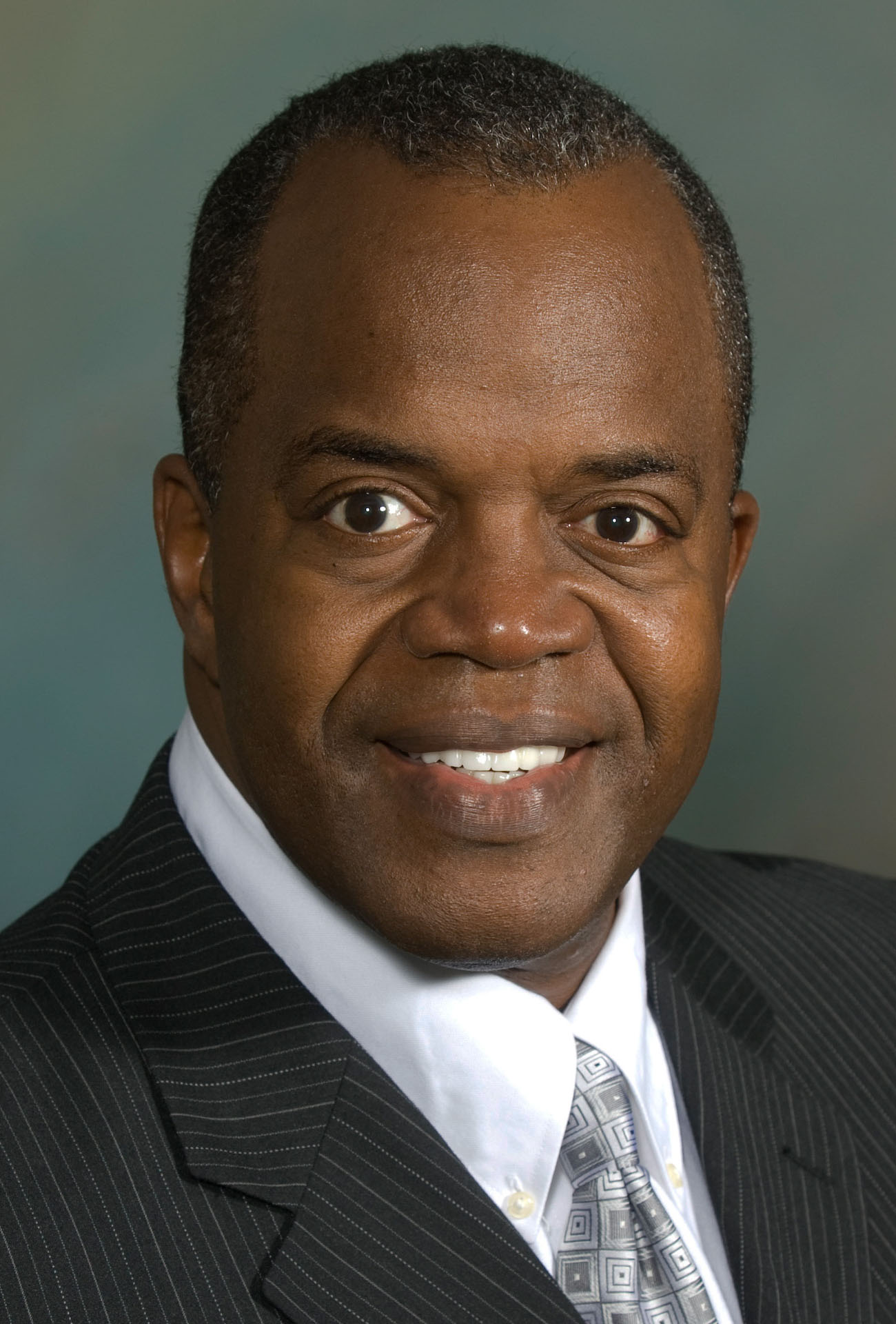
RICHMOND, Va. (BP)–A recent report from the SBC Executive Committee affirms what Keith Jefferson realized when he set foot on the mission field: God can use ethnic minorities in a big way.
Jefferson is the new African American mobilization strategist for the International Mission Board.
The ethnic involvement report, containing a number of recommendations for greater ethnic diversity within all areas of Southern Baptist life — including international missions — will be presented to messengers at the Southern Baptist Convention annual meeting in June.
African Americans “can serve God all around the world,” Jefferson says, “not just in places that have people of African origin.”
The call to missions is not optional, he says. “It is an obligation; it is a commandment; and no child of God can get around the Great Commission that Jesus gave us — preaching the Gospel to all peoples.”
Jefferson spent 16 years as a Southern Baptist missionary sharing Jesus among Brazil’s Quilombola people, descendants of escaped African slaves. More used to traipsing through the Amazon Basin than sitting behind a desk, the role of African American mobilizer is new to Jefferson, who accepted the role following the retirement of David Cornelius last December.
“My focus is to encourage, challenge and train African American churches and individuals in being on mission with God,” Jefferson says. “Some think that missions is for people who are spiritual giants…. Actually, it only takes a person who is available and willing, has the strength to get on and off an airplane and hold a conversation with somebody about the love of God.”
A lack of exposure to international missions and sometimes-overwhelming domestic problems have led some ethnic congregations to be less involved overseas, as Jefferson sees it. He points out that though African Americans make up an estimated 6 percent of Southern Baptists, they represent less than 1 percent of IMB missionaries serving on the field.
“People have myths and misconceptions about people who do missions,” Jefferson says. “Before I went to the field, about the only missionary I knew was an older white guy with black-rimmed glasses, white socks and flood-bottom pants.
“Now, I’m an African American who met Christ in a Southern Baptist church at the age of 18 and I never saw an African American missionary until I turned 42,” Jefferson recounts. “When I finally met this guy, I realized that African Americans can be missionaries. People identify with their same ethnicity — I’m black, he’s black. He’s doing it, so I can do it…. You’d think this wouldn’t be necessary but people are people. It’s always helpful for them to see someone from their ethnic group doing God’s work.”
It was Cornelius who first challenged Jefferson, then a bivocational church planter and chaplain, to consider serving God on “foreign soil.”
“Honestly, I was a little bit irritated that he didn’t think that my mission pastor work was sufficient,” Jefferson laughs. “I mean, here I am, a mission pastor and a full-time chaplain — I am serving God.”
But when Cornelius asked Jefferson’s wife Deborah the same question, she surprised her husband by immediately saying she would pray about it. After two fortuitous encounters with missionaries from the two countries that Cornelius had suggested the couple consider working in, Jefferson says God confirmed the family’s call to missions, and within a year they were in Brazil.
“David [Cornelius] told me that in Brazil there are many people of African origin that were asking our missionaries, who at that time were all Caucasian, ‘Are there black Christians in America?’ And our missionaries said, ‘My goodness, sure — there are many black Christians and black churches.’
“And they said, ‘But you are here and they aren’t. If there are black Christians, wouldn’t they be here too?’ That was an awakening to me that there is such a lack of African Americans serving around the world.”
Among Jefferson’s top priorities is a greater networking of African American churches to connect them with African American missionaries already overseas.
“We have African Americans serving on the field, and their city and state associations may not know that they’re there,” Jefferson says. “We want to put African American missionaries in front of congregations by video, voice and Skype interviews.”
Though he admits he misses his ministry in Brazil, Jefferson says he’s excited about challenging African American believers to consider missions in the same way Cornelius challenged him.
“Working to bring more laborers to the field — at my age (57) — that’s not a bad move. The roads are pretty rough into Quilombola villages,” Jefferson laughs.
“A missionary can be from any background because there’s someone that he can reach that no one else can reach. That missionary with the black-rimmed glasses — he reached people that I could never reach. I can reach people that he’ll never reach. And so God uses our unique personalities to click with somebody in another country.”
–30–
Don Graham is a writer with the International Mission Board.
















